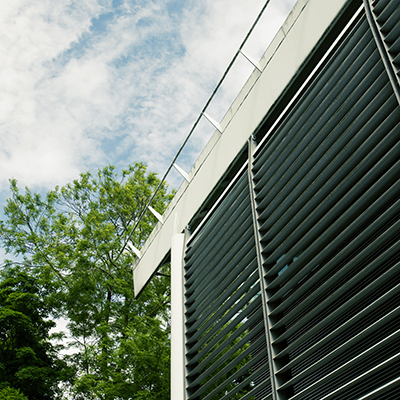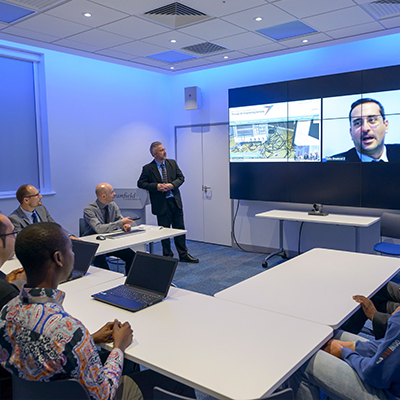Sensors have showed significant potential for wastewater surveillance for public health as a high sensitivity and specificity technology with fast-responding time. Sensors are an easy-to-use technology offering great potential for field testing and real-time monitoring of water quality.
This online course will cover the fundamental principles of sensors technology (transducers, recognition element, signal application strategy etc), and showcase their application to water quality monitoring as well as cutting-edge wastewater-based epidemiology. It will be a mixture of lecture-like sessions, combined with engaging activities, video case studies and group discussions.
Dr Zhugen Yang and his multidisciplinary team have recently developed a novel low-cost paper-based device for rapid and on-site wastewater surveillance for early warning of SARS-CoV-2 pandemics which has been demonstrated in a quarantine hotel in London, and for field testing of drinking water contaminants. This this online course will provide the opportunity to understand the basics of sensors development and its application in water and wastewater quality measurement, more importantly to showcase the engineering approach to enable point-of-use device the field testing for water and environmental monitoring, and public health.
At a glance
-
- Dates
-
- Please enquire for course dates
- DurationHalf day (09:00 am - 12:30 pm) Registration at 9am
- LocationOnline
-
Cost
£185
10% discount off registration fee for Water and Wastewater Network members.
Course structure
This unique this online course will be delivered live online over 3 hours by Dr Zhugen Yang (Lecturer in Sensor Technology) who has over ten years’ experience on sensors development for water, environment, and health. He heads the Cranfield University Sensors Laboratory, a world-class, cutting-edge research into sensors and their uses in water and the water industry. His research focuses on the development of low-cost, rapid, and point-of-use sensors and devices for environmental science (e.g., microbial contamination in drinking water), public health (e.g. SARS-Cov-2, illicit drugs), and biomedical diagnostics (e.g. infectious disease and cancer).What you will learn
This this online course will provide an overview of state-of-the-art sensors technology which involves multidisciplinary skills (chemistry, nanotechnology, microbiology, and engineering). You will learn how to design, characterise, fabricate, and validate the sensors, as well as key points on how to adapt the sensors for water and environment application. It will cover sensors’ fundamental principles and will feature case studies for water and wastewater quality measurement. Recent progress on the technology development will also be covered and opportunities for further development for other applications discussed (e.g., environmental monitoring and food safety and healthcare).Core content
- Fundamentals of sensors (chemical and biological sensors),
- Sensor elements (transducer, recognition, readout etc.),
- Key parameters and analytical performance,
- Engineering approach for sensors application in the field,
- Sensor for wastewater-based epidemiology - field testing,
- Rapid sensors for the measurement of chemical and microbial contaminant in drinking water – case study,
- The future of sensor technology.
Who should attend
This this online course is aimed at researchers and engineers (e.g., water utilities) involved in water and environmental science with an interest in sensors development, as well as students with a background of water science, environmental engineering, analytical science microbiology and public health, and health sectors.Speakers
Read our Professional development (CPD) booking conditions.


